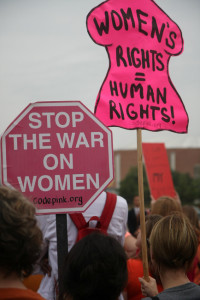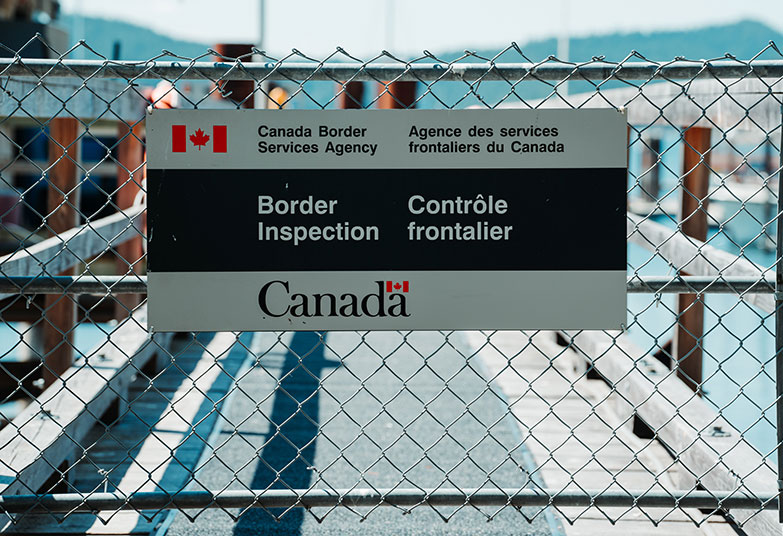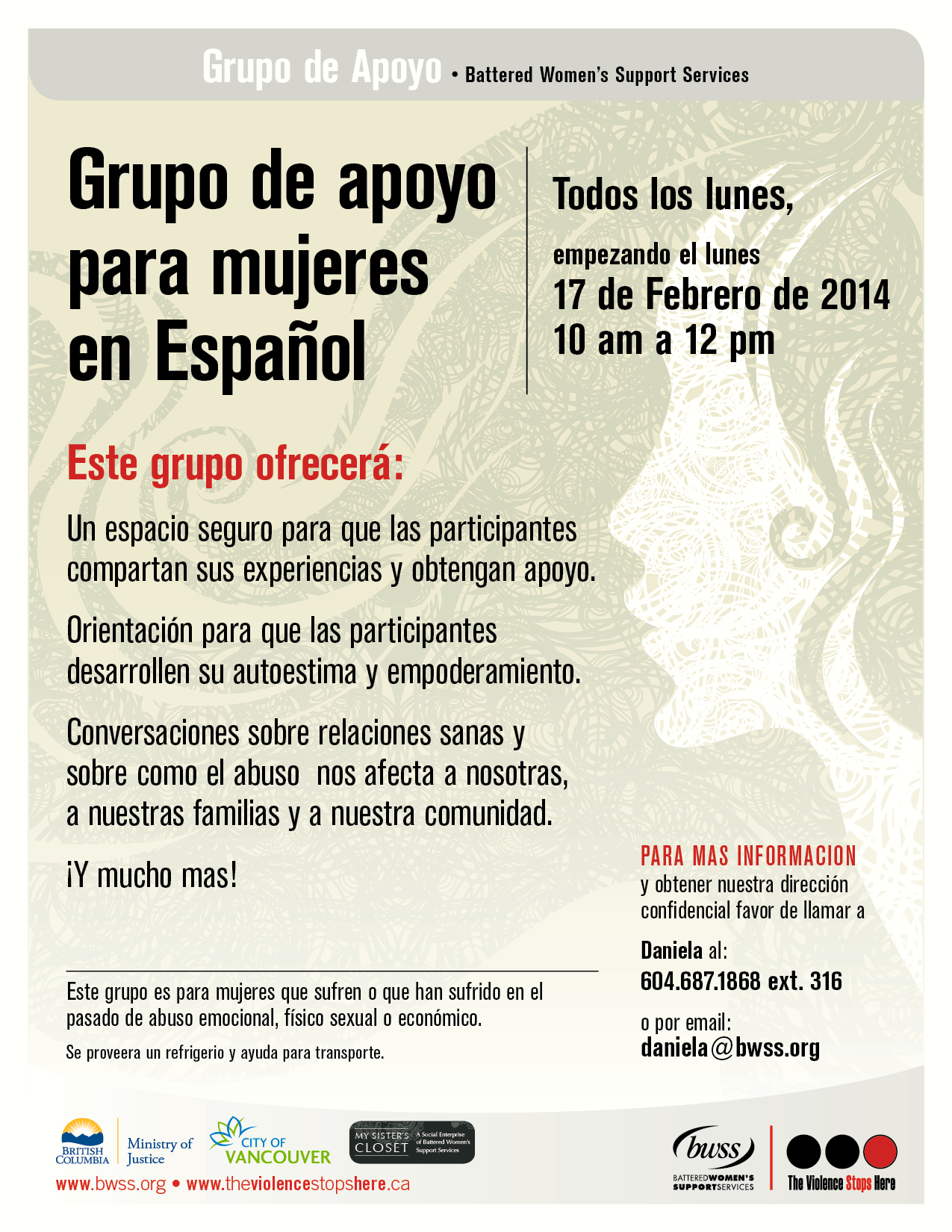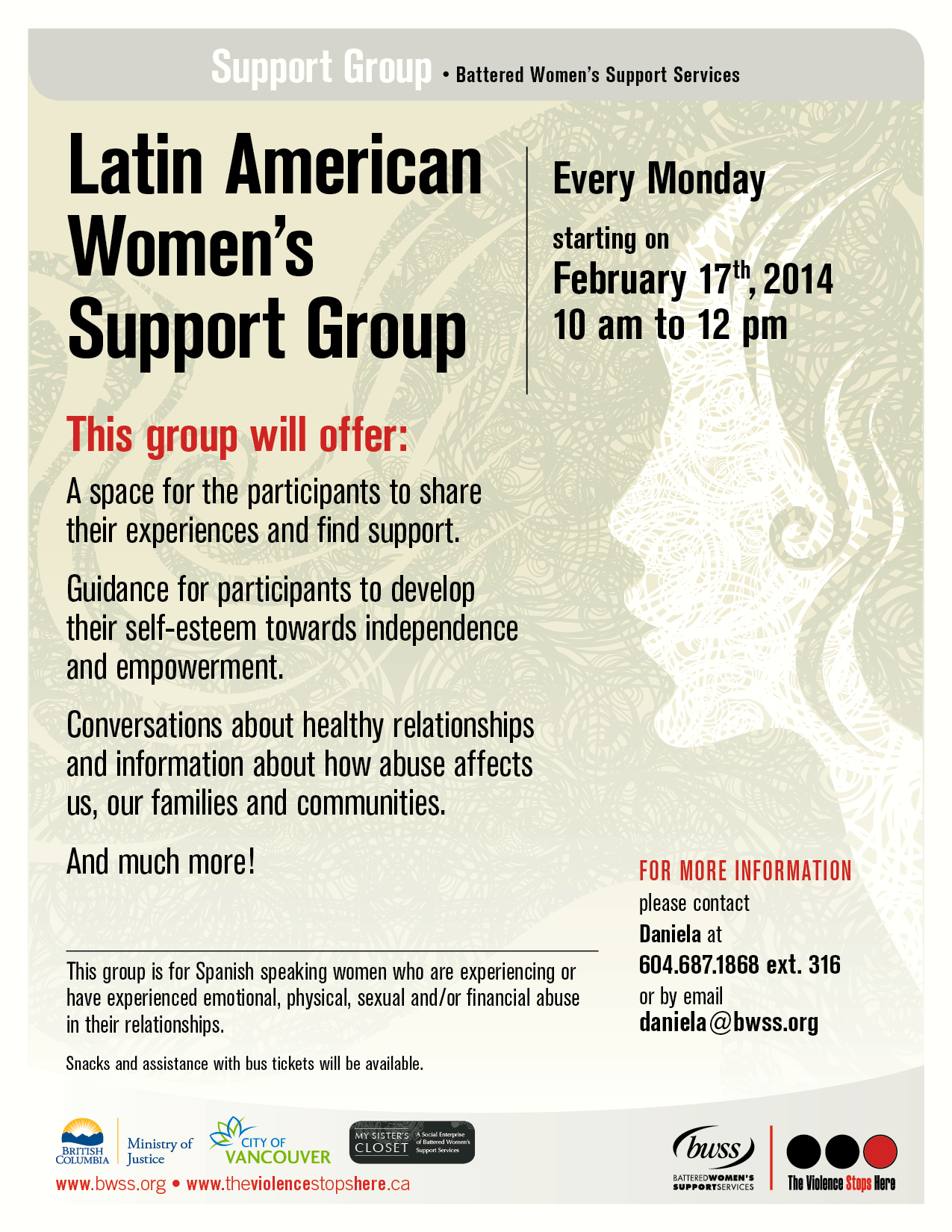What does BC’s announcement to end migrant detention mean for survivors?
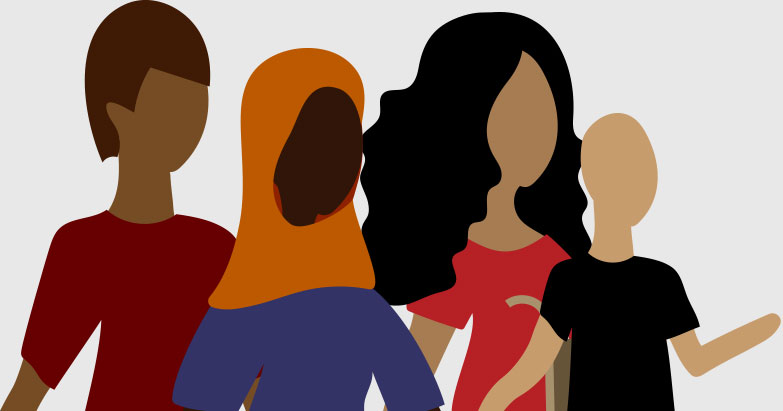
What does BC’s announcement to end migrant detention mean for survivors?
Last week, the provincial government of B.C. announced that it would end its immigration detention contract with Canada Border Services Agency (CBSA).
This means that in one year the province of BC will no longer lock up migrants in provincial jails solely on immigration grounds.
Even though immigration is federal jurisdiction, provinces like B.C have contracts with CBSA to incarcerate immigrant detainees in provincial jails. According to the most recent data, between April 2017 and March 2020, more than a fifth of all immigration detainees – about 5,400 people – were held in 78 provincial jails across Canada, many of which are maximum security facilities.
The recent announcement comes on the heels of the #WelcomeToCanada campaign led by Human Rights Watch, Amnesty International, former migrant detainees, and advocates across the province and the country to get Canada on the path to abolishing immigration detention.
BWSS applauds this advocacy and announcement that upholds a commitment to health and human rights, while continuing to call for an end to the countless, ongoing violations in Canada’s federal immigration detention system.
This recent announcement by the provincial government will not change the fact that in B.C., a new federal immigration holding center in Surrey will still detain up to 70 people, including women and children, at any given time.
Most detainees (approximately 2/3rd of immigration detainees between the fiscal years 2016-17 and 2019-20) are not detained in provincial jails, but rather in federal immigration holding centers that only incarcerate immigration detainees. People held in immigration detention are restricted to small spaces and under constant surveillance. These facilities are described as operating “like medium security prisons, with significant restrictions on privacy and liberty, rigid rules and daily routines, and punitive measures in response to failures to follow rules and orders.”
Currently, CBSA is responsible for immigration detention enforcement, and the agency has sweeping police powers – including the powers of arrest, detention, and search and seizure – but it remains the only major law enforcement agency in the country with no independent civilian oversight.
This has led to serious and widespread human rights violations in immigration detention, including detainees being subjected to some of the most restrictive conditions of confinement and with no set release date – effectively, indefinite detention.
Detainees are also often handcuffed, shackled, and searched. As one former immigration detainee said: “I didn’t feel like a human in there, I felt like a dog.” Immigration detention is also clearly discriminatory. Immigration detainees who are from communities of color, particularly detainees who are Black, are incarcerated for longer periods in immigration detention.
For migrants and refugees, especially survivors of gender-based violence and persecution, even a brief period of detention can have devastating and irreversible impacts on their mental health, well being, and safety planning, as well as their ability to recover from post-traumatic stress and rebuild their lives. For survivors of gender-based violence, these issues and emotions are further exacerbated by their pending deportations and the dangers of fleeing violent situations.
BWSS is one of the few anti-violence organizations in B.C. who actively supports and advocates for migrant women and gender diverse survivors, especially those who have precarious or no immigration status in Canada.
Even dating back to 2010, we documented that 52 percent of the 368 women who accessed our in-person services were non-status, refugee, and immigrant women. Through our frontline work, we are well aware of the structural barriers that survivors who are immigrant, refugee or non status face at the intersections of gender-based violence and precarious immigration status.
At BWSS, we place immigrant, refugee, and non-status women at the centre of our work and recognize that violence against newcomer immigrant/refugee women is about patriarchal power and control, racism, and anti-immigrant prejudice. We do this from a feminist and anti-racist approach, which is distinct from only providing multicultural services. BWSS’s support for non-status survivors includes navigating the complexities of the immigration system, such as dealing with issues of sponsorship breakdown, custody matters, child welfare, language barriers, and preventing unjust deportations. In addition, BWSS is one of the founding members of the LGBTQ Newcomers Service Providers Network that was launched eight years ago, and, more recently, of the Alliance for Gender Justice in Migration founded in 2022.
In 2014, BWSS appeared as a witness at a Coroner’s inquest into the death of Mexican migrant Lucia Vega Jimenez.
The devastating situation for Jimenez, who strangled herself in December 2013 while detained by Canada Border Services Agency (CBSA) at Vancouver International Airport awaiting deportation to Mexico, was examined by a Coroner’s inquest after immense community pressure.
Rosa Elena Arteaga, the Director of Direct Service and Clinical Practice for BWSS, appeared as a witness for the Coroner and raised the alarm about the relationship between gender-based violence and precarious immigration status for survivors.
At the time, Rosa Elena Arteaga also made important recommendations to CBSA to stop prioritizing detention for survivors, and, instead, that CBSA implement and follow procedures so that survivors can access legal and safety options.
BWSS Resources
We have also focused a number of resources on supporting newcomer immigrant, refugee, and non-status survivors, including:
- a manual, “Empowering Non-Status, Refugee, and Immigrant Women Who Experience Violence;”
- a multilingual toolkit, “Toolkit for Immigrant Women Working with a Lawyer;”
- a toolkit for lawyers, “Best Practices in Working with Battered Immigrant Women;”
- a safety assessment and safety planning tool, “Supporting Women with Precarious Immigration Status, Refugees, Refugee Claimants and Immigrant Women Facing Domestic Violence;”
- trainings designed to teach front-line workers on how to complete safety assessments and create safety plans for survivors facing violence, “How to Support Women with Precarious Immigration Status, Refugees, Refugee Claimants and Immigrant Women Facing Domestic Violence;”
- and a multilingual resource for immigrant women facing criminalization, “When Battered Women are Arrested.”
BWSS will continue to engage in systemic advocacy for the rights of immigrant, migrant, refugee, and non-status women and gender diverse people.
We strongly believe that systemic policies and practices in Canada denying a fair process to migrants and refugees must be changed.
We know that safety changes everything, and we will continue to advocate for and alongside immigrant, refugee and non status survivors who are consistently violated, objectified, and dehumanized by discriminatory and white supremacist bureaucratic systems in Canada.

